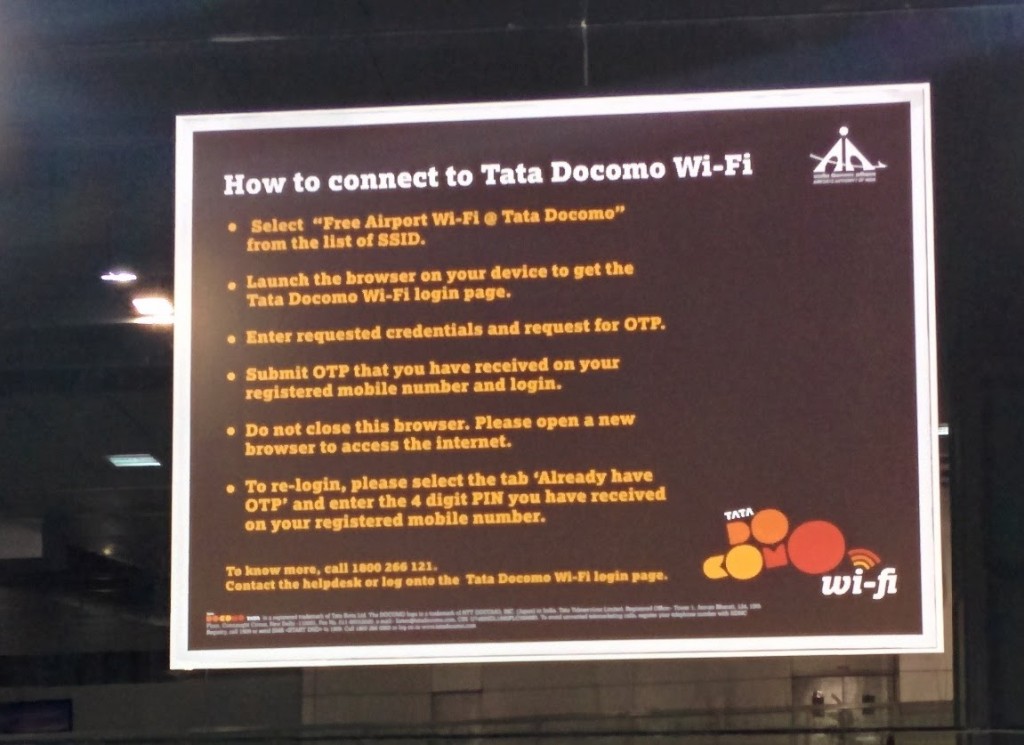India - Bangladesh bandwidth agreement, BSNL routing & more!
Last month India & Bangladesh went into an agreement for power and bandwidth. India stated export of an additional 100MW of power to Bangladesh while Bangladesh started a 10Gbps link to Indian state of Tripura. (News article on this here)

Tripura is an Indian state having its boundaries with Bangladesh as you can see in above map. Coming to routing side of things setup is that BSNL (AS9829) is buying IP transit from Bangladesh Submarine Cable Co. Ltd (BSCCL) at $1.2 million / year. This means a cost of around $10/Mbps/month or 662Rs/Mbps/month. It’s hard to say if it’s good or bad since other link from BSNL is via it’s other links. But yes it’s good to see a layer 3 connectivity in terms of IP transit relationship rather then leasing dark fiber or L1 waves as they would have caused bit inefficient routing in the area. In order to do this BSNL has setup a “gateway node” at Agartala. I think it would be pretty much a node with approvals under ILD from doT and extremely likely a LIM device for lawful interception. Months before it actually came up, Dyn research tweeted about this visible routing relationship.
 Sitting at Kolkata airport. Noticed the usual “Free Wifi in the area!” message and connected to Tata Docomo Free wifi. Performance was quite poor. Two key issues with wifi:
Sitting at Kolkata airport. Noticed the usual “Free Wifi in the area!” message and connected to Tata Docomo Free wifi. Performance was quite poor. Two key issues with wifi: